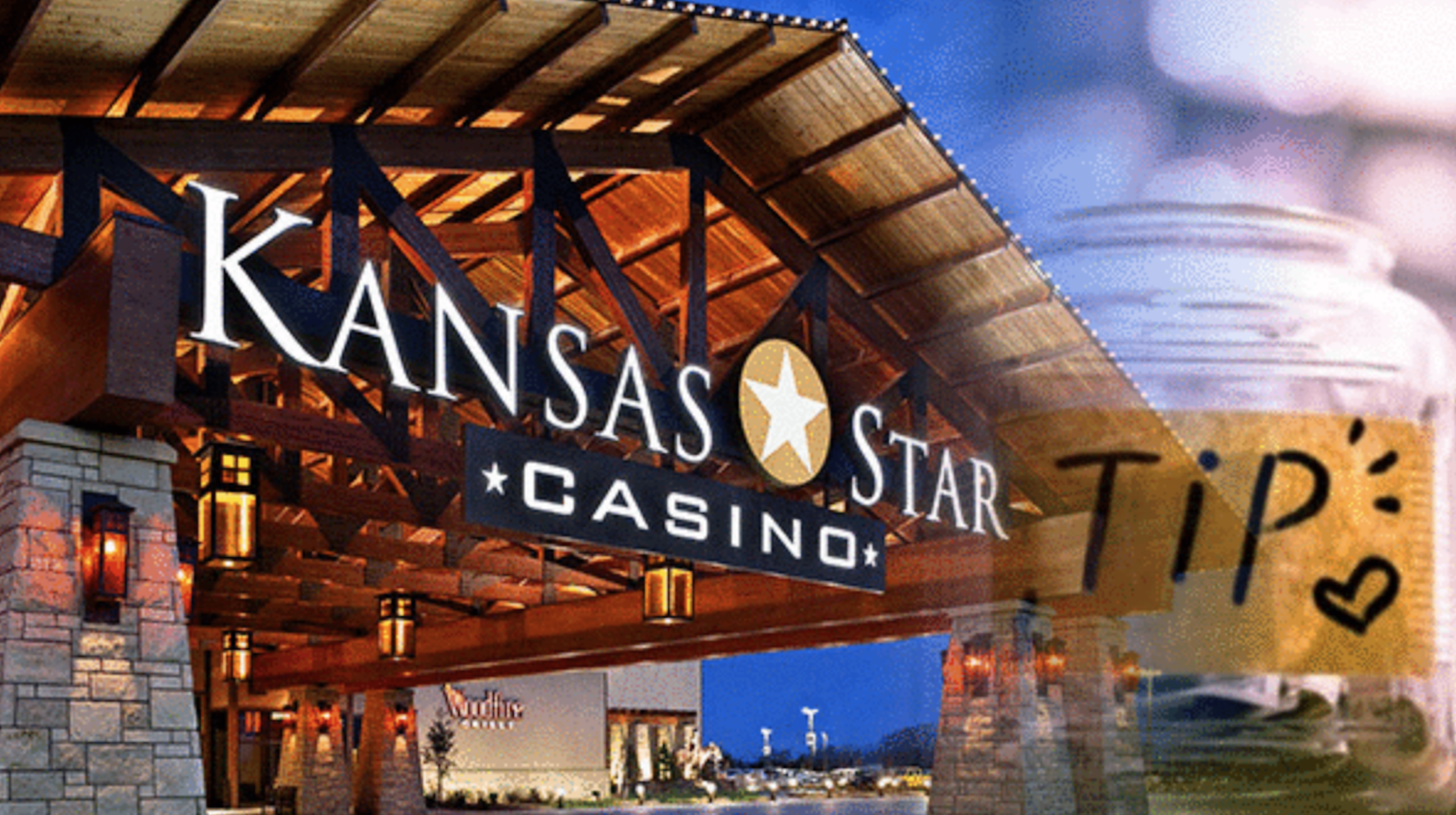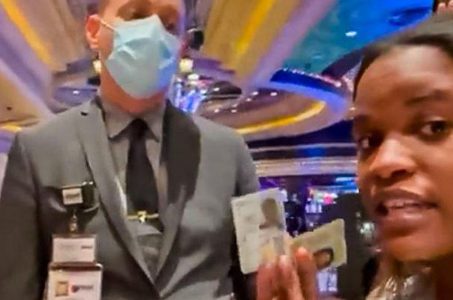Boyd Gaming Casino Dealer Mostly Wins in Kansas Court Ruling on Tips
Posted on: March 9, 2021, 12:03h.
Last updated on: March 9, 2021, 10:54h.
A dealer who works at Boyd Gaming Corporation’s Kansas Star Casino recently scored a legal victory on tip pooling. The decision will likely benefit other gaming floor employees, too.

In a recent memorandum, Kansas US District Court Judge Daniel Crabtree mostly agreed with claims made by attorneys representing the plaintiff, Roger James, in the lawsuit. He alleged Boyd Gaming violated the Fair Labor Standards Act (FLSA) when it came to tips. The FLSA is key federal employment law.
James received a base hourly wage. He also received tips through Boyd Gaming’s tip pooling that was shared among dealers at the casino.
Under the FLSA, an employer can pay tipped employees less than the minimum wage, Crabtree explained. But the employer has to provide a “tip credit” to make up the difference.
But James’ lawsuit said Boyd Gaming paid tipped employees below the minimum wage without complying with the FLSA tip credit provisions. A mandatory tip pool also failed to comply with the FLSA, the lawsuit adds.
Others File Suit
Since James filed his lawsuit, 16 other current or ex-employees of Boyd Gaming casinos joined as co-plaintiffs.
When asked for comment on Crabtree’s memo, Ryan McClelland, a Missouri-based lawyer who represented James, told Casino.org the legal team is “happy with the court’s thorough decision conditionally certifying two Fair Labor Standards Act claims — failure to provide notice of the FLSA’s tip credit requirements and unlawful tip pooling — across 13 Boyd Gaming casinos.”
The memo has a wider impact than just the Kansas case, too.
That is a big victory for our clients and will allow upwards of 8,000 sub-minimum wage casino workers across the country to band together in one case to vindicate their minimum wage rights,” McClelland told Casino.org.
He noted the case is part of Stueve Siegel Hanson’s and McClelland Law Firm’s broader efforts in the field. That includes about 20 cases over the last five years to enforce federal and state minimum wage and overtime laws at casinos around the country on behalf of hourly employees who are typically paid less than the federal minimum wage because of the FLSA’s tip-related exceptions, McClelland said.
Casino.org also reached out to Boyd Gaming for comment. A spokesman declined to issue a statement.
Employers Often Abuse FLSA Tipping Exception
When asked for comment on the judge’s memo, Robert Jarvis, a professor at Nova Southeastern University’s Shepard Broad College of Law who is not involved in the case, said it was a clear victory for the plaintiff.
“Indeed, the plaintiff got almost everything he wanted, including certification of both collectives — meaning that the case can move forward — and detailed contact information — which will make it easy for the plaintiff to contact potential class members,” Jarvis said.
Jarvis further points out there is “a lot of abuse of the FLSA’s tipping exception across many different types of industries.” He suggested the FLSA be amended to remove the exception.
“But because Congress has shown no interest in doing so, it falls to the courts to make sure that employers are scrupulously following the FLSA,” Jarvis said. “Judge Crabtree’s lengthy and carefully-balanced opinion is an example of a judge taking this responsibility very seriously.”
And what is the impact on Boyd Gaming and other casinos?
“For well-run casinos that are carefully following the FLSA’s tipping rules, there shouldn’t be any impact. But for casinos that are not following the law (or have failed to follow the law in the past), the decision reconfirms that there can be serious — and very costly — consequences,” Jarvis told Casino.org.
Related News Articles
Tribal Operator Sues Scientific Games Over Automatic Card Shuffler Monopoly
Most Popular
FTC: Casino Resort Fees Must Be Included in Upfront Hotel Rates
Genovese Capo Sentenced for Illegal Gambling on Long Island
NBA Referees Expose Sports Betting Abuse Following Steve Kerr Meltdown
UPDATE: Former Resorts World & MGM Grand Prez Loses Gaming License
Most Commented
-
UPDATE: Whiskey Pete’s Casino Near Las Vegas Closes
— December 20, 2024 — 30 Comments -
Caesars Virginia in Danville Now Accepting Hotel Room Reservations
— November 27, 2024 — 9 Comments -
UPDATE: Former Resorts World & MGM Grand Prez Loses Gaming License
— December 19, 2024 — 8 Comments -
FTC: Casino Resort Fees Must Be Included in Upfront Hotel Rates
— December 17, 2024 — 7 Comments
















No comments yet